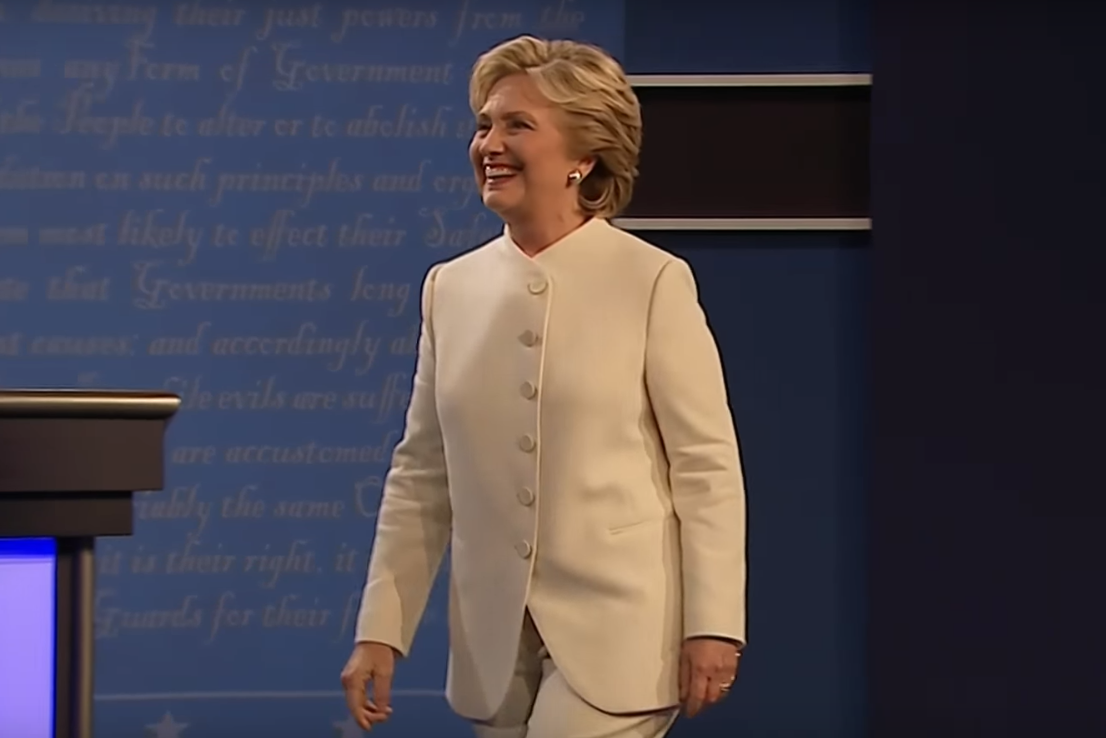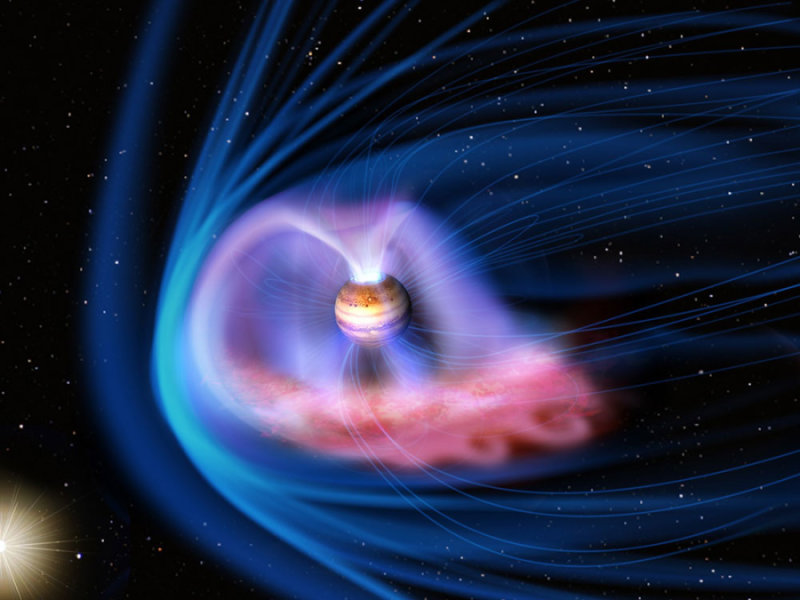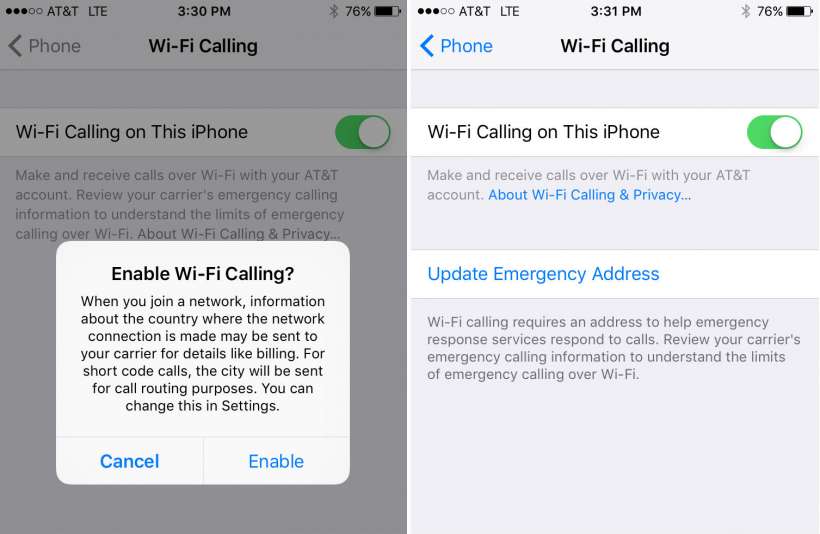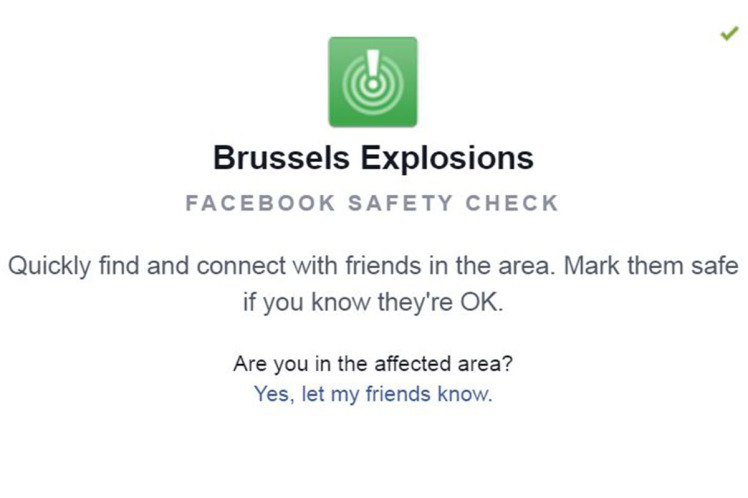Washington : Scientists have introduced an early warning system to alert the risk of dengue infections in 553 micro regions of Brazil for the Football Worldcup . Calculations show that the risk of an outbreak of dengue is quite an opportunity to justify a warning on high alert in the three sites northeast (Natal , Fortaleza, Recife ) , but probably is generally low in all 12 host cities.
Dr. Rachel Lowe, the lead author, of the Catalan Institute of Climate Sciences based in Barcelona , Spain, says recent concerns about dengue in Brazil at the World Cup has great dramatic headlines, but these estimates are based solely on the average last cases of dengue.
She informed about the possibility of a major outbreak of dengue fever during the World Cup, can infect visitors and spread of dengue in their home countries , depends on a combination of several factors , including a large number of mosquitoes, a susceptible population and a high degree of contact with human-mosquitoes.
The climate has a significant effect on the transmission of dengue in epidemic -prone areas where temperatures and rainfall drive both mosquito and transmission dynamics of the virus. The risk of an epidemic raises shortly after a season of heavy rain , as happened in the Amazon over the summer in Brazil.
Dr. Lowe said their goal was to make available data on seasonal precipitation and temperature forecasts in real time transmission dynamics and social and environmental variables ( eg urbanization) , and combine it with the last card and mathematical modeling to produce robust estimates of risks of the 12 host cities where matches will be played .










